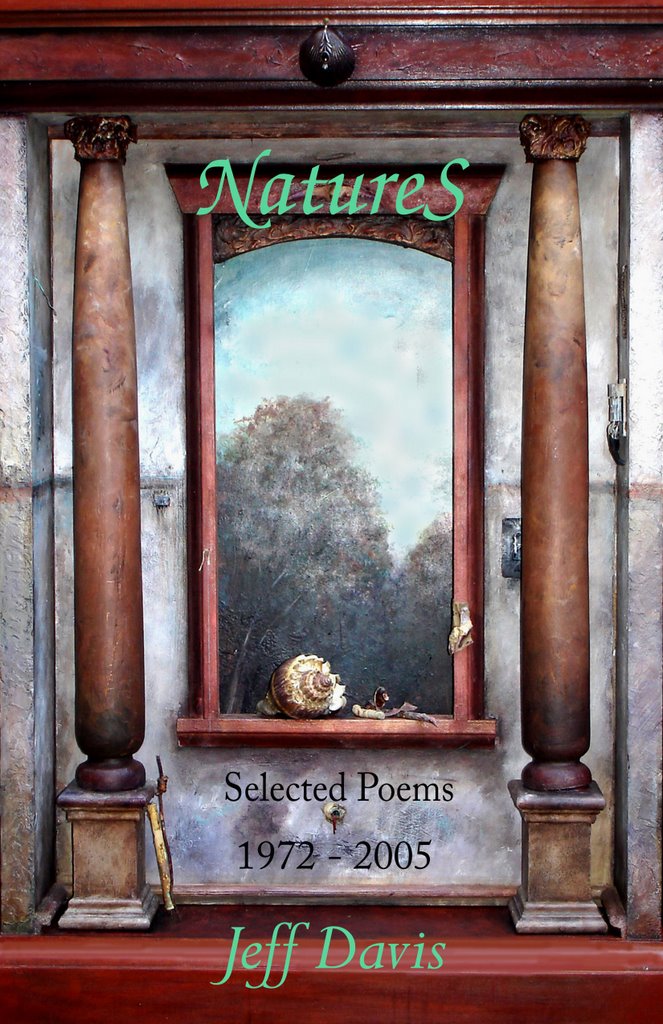Wordplay: Robert Bly

This week Wordplay features Robert Bly performing with the musicians of Free Planet Radio at Asheville's Dianna Wortham Theater last March 28th.
It was a tough show to put together, for the best of reasons: Bly read that night for over two hours, read with typically great energy, and was working with perhaps the best musicians, as he said himself the next day, he'd ever performed with. I finally decided to feature his readings of translations from Hafez, since Hafez has become so crucial to his own recent practice, and his readings of his own work, most of it from 2005's My Sentence Was a Thousand Years of Joy. If you missed the live performance, here's a chance to hear at least a significant part of it.
The day after the reading, though he'd just led an all-day workshop, he graciously sat down with me for a short interview, and I've closed the show with part of that interview. In fact, the current version of the show features a remix of the interview track; during broadcast I noticed an imbalance between the recording's channels, an imbalance aggravated by a mysterious one-channel signal attenuation that afflicts the CD player I used for the Bly tracks. Now fixed in the mix, as they say.
Music for the show was easy to choose, since Free Planet Radio has recently released their second CD, The Unraveling. The Show opened with "Radio Toure", and featured "One May Change", "Two May Change", and "Three May Change" at breaks and on the way out.
In addition to Hafez, Bly read that March night from Rumi, Antonio Machado, Mary Oliver, Mirabai, Jane Kenyon, and the great Swedish poet Tomas Transtrommer - it was a festive evening, indeed. There's more than enough material for another show; expect it sometime soon.
Oh, and today Robert Bly turns eighty-two, so happy birthday Mr. Bly.
You'll find the show here. Happy Solstice, Merry Christmas, a fine holiday to all. Enjoy.
~~~~~~~~~~~~~~~~~~~~~~~~~
Thanks to the fine folks at the Prama Institute for bringing Bly to town again for the March events.
A special thanks to bassist Eliot Wadopian for getting the Free Planet Radio disk to me before he took off to New York for his annual Solstice concert with Paul Winter.
Labels: Free Planet Radio, readings, Robert Bly, Wordplay



